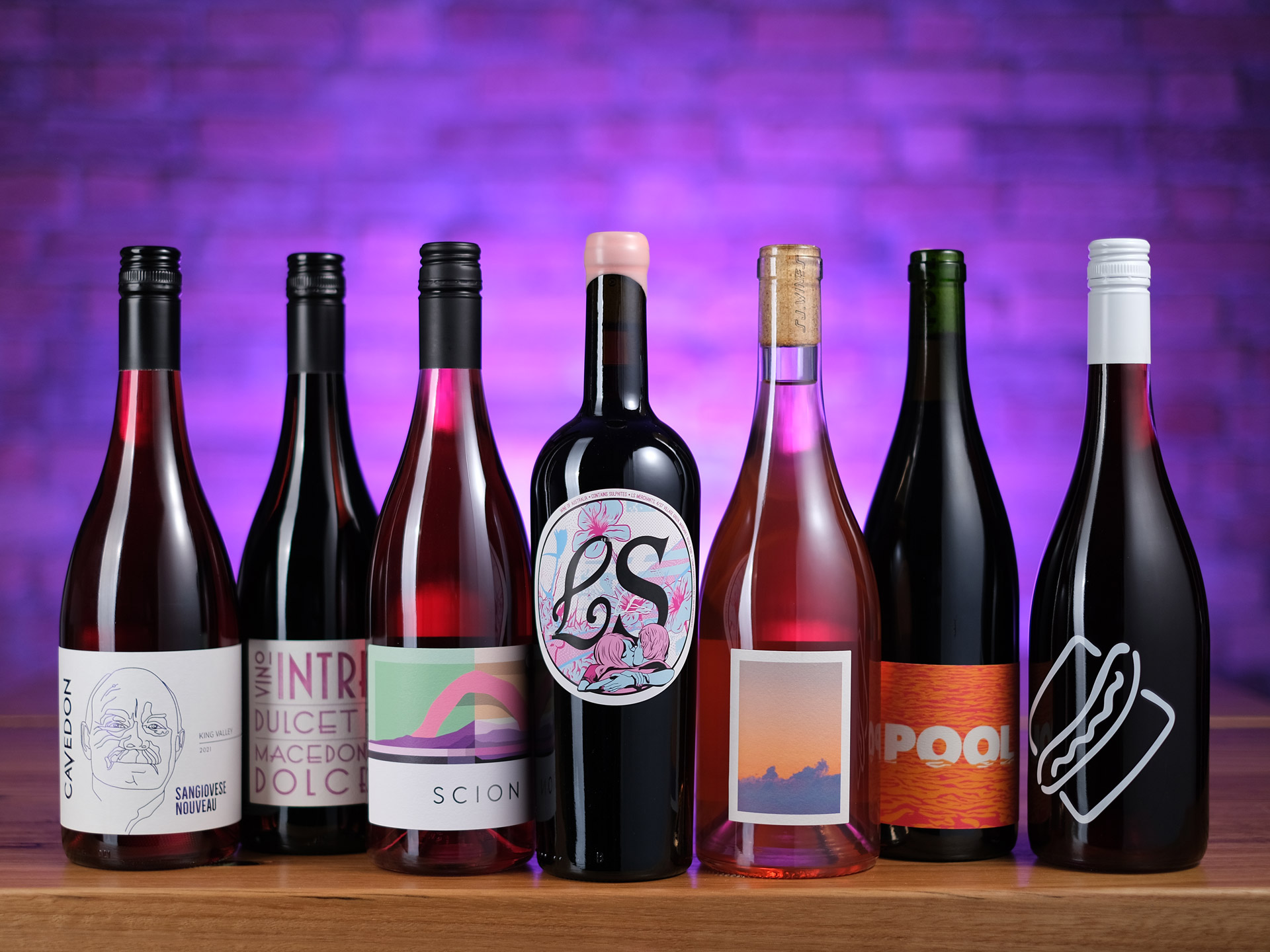28 June 2019. Words by Max Allen.
Images by Dragan Radocaj.
Stephen and Prue Henschke are going to die. Not in the near future. Don’t worry. But one day. It’s inevitable. Then it’ll be up to the sixth generation of Henschkes, Johann, Justine and Andreas, to keep the 150-year-old family tradition alive. And Stephen and Prue have been planning for that for decades.
Conversation with the Henschkes always weaves through time, twisting from the past to the future. No surprise, really, given their custodianship of some of Australia’s oldest and most famous vineyards, Hill of Grace and Mount Edelstone, first planted in the Eden Valley in 1860 and 1912 respectively and still squeezing out shiraz grapes each vintage.
“All old vines were young vines once,” says Stephen. “We’re curators of ancestor vines that are revered now. But once upon a time they were planted by people who – like Prue is now – were just exploring different grape varieties in this new country to see what would work. Back then, it was shiraz; now we’re planting nebbiolo, tempranillo, a whole multitude of new varieties that could well become old vines for future generations of Henschkes.”
Prue has been experimenting with non-mainstream grape varieties for over 20 years, starting with the then-still-obscure pinot gris.
“Stephen and I had tasted wines made from pinot gris when we studied in Germany, and loved them,” she says. “We found them full of flowers. We wanted to make a wine that showed that expression.”
Since then, Prue has planted a host of Mediterranean varieties, not just because she’s keen to see what kind of wine they’ll produce, but also in response to the changing climate. In the mid-2000s, as rainfall rates started to decline and as ripening dates moved forward into a hotter part of the year, Prue put in some nebbiolo and tempranillo vines; more recently she’s planted counoise, cinsault, grenache gris and clairette, all originally from the hot Southern Rhône. And she’s impressed by how they’ve fared.
Even though we had an exceptionally warm, early vintage in 2019, the counoise kept hanging on the vine until early April,” she says. “It had lovely pepper flavours. I’m really looking forward to what it can do.
Even though we had an exceptionally warm, early vintage in 2019, the counoise kept hanging on the vine until early April,” she says. “It had lovely pepper flavours. I’m really looking forward to what it can do.
Another crucial way of building resilience into the Henschke vineyards, says Prue, is the adoption of organic farming techniques like under-vine mulching and adding compost to improve soil health and help the vines cope with warmer, drier growing seasons.
At this stage, she says, the most important Henschke vineyards – Hill of Grace and some parts of Mount Edelstone – are farmed to a certifiable biodynamic standard, and the Lenswood vineyard is farmed with organic and biodynamic practices. But because the Henschkes also source grapes from 14 other growers – some of whom are relatives – she can’t claim that all Henschke wines are organic or biodynamic.
“It’s hard to ask someone who isn’t committed to farming this way to farm this way,” she says. “It’s a generational change, that will take some time.”
Who knows? Just as Henschke might well become as famous for its counoise one day as it is for its shiraz now, so might a majority of growers realise how organic and biodynamic viticulture can help them survive a changing climate. It’s a tantalising thought.
“You don’t realise you’re making history when you’re in the middle of just getting on with life,” says Stephen Henschke. “But when you step back and look at it, you realise you are. And that gives you a real sense of wonder.”
Henschke is a partner of the Wineslinger Awards





